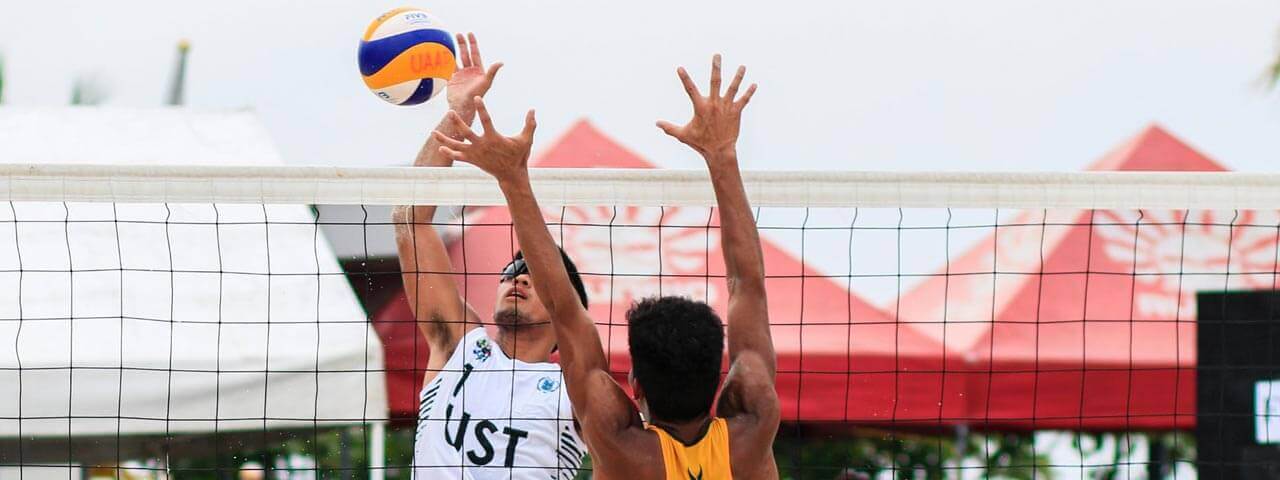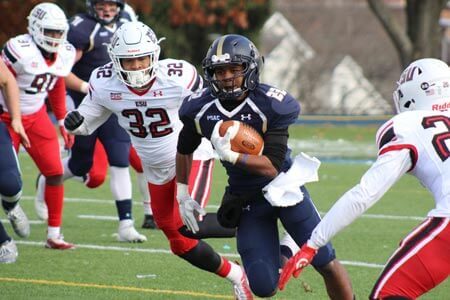
Sports Vision for High School Athletes
High school is a time of many turbulences and significant changes. Between midterms, final exams, dating, and prom, teenagers face many emotional, intellectual, and physical challenges. It is also a time in which sports play an integral part of a person’s social life. Their success and achievements (or lack, thereof) are major factors that shape the teenager’s personality.
A deficiency in visual skills can result in athletic underperformance. This may demotivate young athletes, potentially leading them to abandon the sport they love. Athletic success, on the other hand, is a catalyst for self-confidence, and that’s where sports vision training comes in. Impact Vision Therapy and the Impact Vision Therapy team help develop sports-specific visual skills and empower young athletes to perform better in sports and in life.
 Why Sports Vision Training Matters for Young Athletes
Why Sports Vision Training Matters for Young Athletes
It takes way more than physical strength and speed to be at the top of your game. Whether your child engages in basketball, hockey, football or tennis, he or she needs excellent visual skills to excel in their sport. Many high school teachers, coaches, and parents are unaware of the significant ways in which sports vision training can help the young athlete develop visual and athletic capabilities for improved athletic performance.
What Is Sports Vision and Why Is It Important?
Teenage athletes regularly train their bodies as needed for their sports discipline. At the gym, for example, a teacher or coach instructs them on which equipment to train and which exercises to carry out to achieve maximum results.
Visual skills training is very similar. The sports vision trainer will first assess the status of different visual skills essential to the sports discipline. These may include eye-hand coordination, visual reaction speed, visual tracking, binocular vision, and other visual processing capabilities.
The young athlete will attend regular sessions in our practice with a sports vision trainer, who provides personalized exercises to enhance the specific visual skills he or she may be lacking. In addition, the youngster will perform daily exercises at home or as part of the team training.
By training teenagers to develop specific visual skills and processing, they retrain their brains to effectively interact with the eyes and improve vision functioning. As a result, sports performance improves, and self-confidence thrives.
Visual Skills Required for Athletic Performance
Take a look at some of the vital visual skills required in most sports.
- Visual reaction time: The speed at which the brain processes visual input from the eyes
- Visual tracking: accurately tracking a fast-moving object or person
- Binocular vision: simultaneous accurate focusing and tracking with both eyes
- Depth perception: identifying the exact location and distance of an object or person
- Hand-eye and body-eye coordination: coordinating visual information with other motor skills
- Eye focusing/accommodation: the ability to quickly and accurately adjust eye focus
- Peripheral vision: is the part of your vision that lies beyond your direct line of sight — what you see from the edge of your visual field
Individual Training Protocols for Teenage Athletes
At Impact Vision Therapy we perform a thorough assessment of these and other visual skills to identify the precise areas that need to be developed. This allows us to create a goal-oriented vision training plan for each individual high school athlete and help them succeed in their favorite sport.
Contact Dr. Joshua Watt at Impact Vision Therapy to get a detailed evaluation of your youngster’s visual skills and help them achieve their athletic goals.
We help athletes from Pueblo, Colorado Springs, Castle Pines, Parker, and throughout Colorado, improve their visual abilities instill a competitive advantage in their sport.

